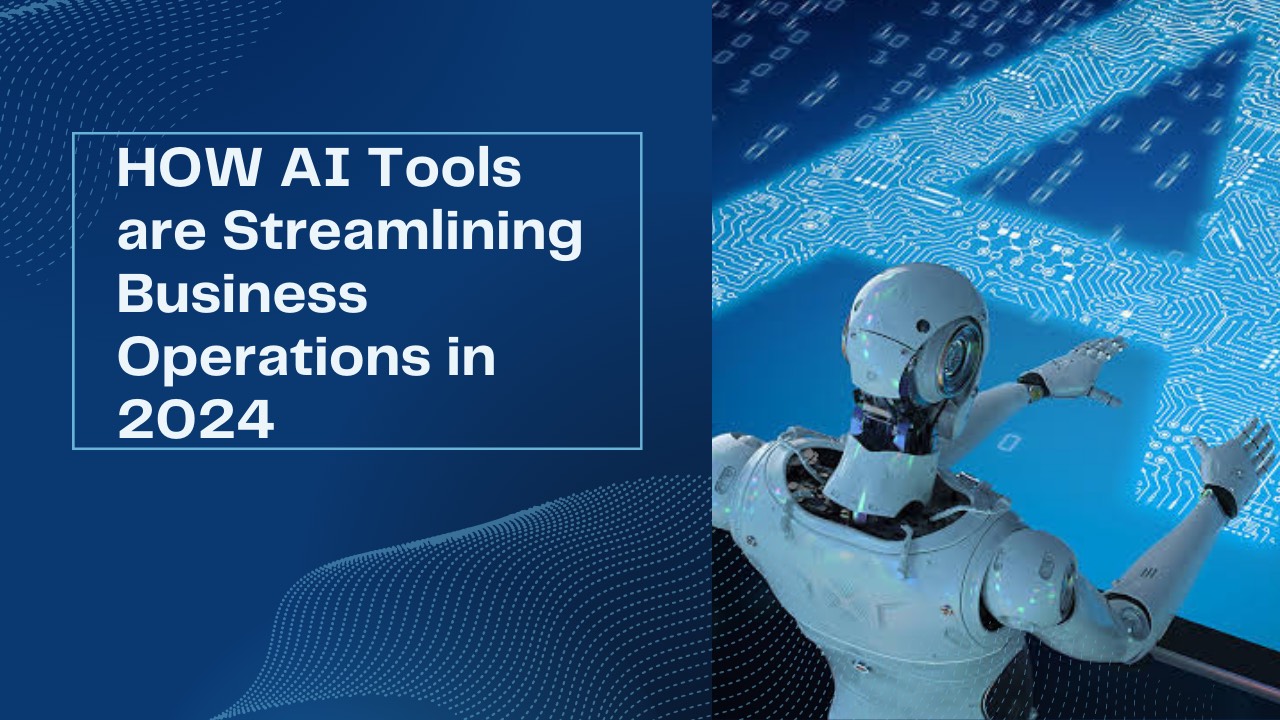Introduction
Artificial Intelligence (AI) refers to computer systems that can perform tasks that typically require human intelligence, such as visual perception, speech recognition, and decision-making. AI tools analyze massive datasets to identify patterns and insights in order to automate complex processes and improve business operations. Implementing the right AI solutions helps companies increase productivity, lower costs, boost customer satisfaction, and gain competitive advantages.
Chatbots for Customer Service
Chatbots are AI-powered conversational agents that interface directly with customers to provide timely support and information. Instead of waiting on hold or exchanging multiple emails, customers can simply text or verbally ask questions to chatbots available 24/7 through messaging apps, websites, and contact centers. Chatbots access knowledge bases and customer histories to resolve routine billing, account, order, and product issues efficiently. They also intelligently escalate complex cases to human agents. Chatbots grow smarter over time by processing volumes of conversation data to keep improving their capabilities. This leads to higher customer satisfaction at lower costs for companies compared to traditional call centers alone.
Predictive Analytics
Predictive analytics utilize AI algorithms that analyze current and historical data to deliver insights on probable future outcomes. Retail companies can anticipate bestselling items at each location based on predictive supply-demand modeling. Banks assess credit risks by calculating customers’ likelihood of default. Utility companies estimate energy consumption across distribution points to optimize infrastructure needs. Healthcare predicts patient readmission likelihoods. Marketing forecasts which customer segments to target and cross-sell products to next. Predictive analytics allow businesses to make strategic decisions, hit targets, and prescribe interventions proactively based on advanced simulation modeling. This data-driven approach drives growth and mitigates risks.
Computer Vision for Task Automation
Computer vision artificial intelligence specializes in processing, analyzing, and extracting insights from digital images and videos. This powerful technology can automate an array of visual inspection tasks across manufacturing, logistics, and operations that previously relied on human eyesight alone. Systems identify product defects, track item locations in warehouses, guide autonomous equipment, validate assembly alignments, read labels or gauges, inspect infrastructure, and more—all hands-free.
Natural Language Processing Chat Interfaces
Natural language processing (NLP) allows people to communicate with AI systems conversationally using ordinary verbal and written language rather than restrictive menu commands or keywords. Call center chatbots comprehend customer questions posed in diverse dialects, terminology, and contextual patterns. Meeting transcription software automatically generates remarkably accurate notes without human notetakers. Legal contract reviews assess provisions based on plain English queries. Other growing uses include decoding handwritten documents, filtering harassing online chats, detecting financial crimes through voice analysis, and even assessing emotional sentiment. Such intuitive NLP chat interfaces increase accessibility, engagement, and automation rates by directly interacting in natural dialogue.
Intelligent Process Automation
Intelligent process automation (IPA) leverages AI alongside automation tools such as physical robotics and software bots to replicate human actions for completing routine manual tasks without errors or fatigue. After recording a process once, the bots can replicate it at scale. They seamlessly log into accounts, pull data, populate forms, read and route documents, make calculations, schedule events, and execute many other administrative duties. This allows the workforce to allocate their time towards higher-order responsibilities. Companies maximize productivity potential and cost savings using IPA to eliminate data entry bottlenecks across departments. Advanced machine learning functionality also allows the systems to keep improving over time.
AI Recruiting and Hiring Tools
AI transforms traditional recruiting with automated solutions that source, screen, assess, engage, and evaluate candidates based on role attributes. Instead of manual review, algorithms rapidly match applicant qualifications stated in resumes/profiles to job descriptions along with preferred skills. Chatbots interface with top prospects guiding them through interviews and paperwork while providing personalized updates. Predictive analytics even forecast candidate success likelihood in a given role based on correlations with existing high performers. Such AI recruitment enhancements accelerate critical hiring needs to fuel business growth and continuity. They also provide unbiased evaluations aligned to exact position requirements.
Sales Prediction and Planning
AI sales forecasting and analytics platforms process volumes of customer, product, and previous performance data to formulate reliable sales predictions that inform business plans. Leadership adjusts production, inventory procurement, staffing, and other investment decisions aligned to data-driven sales estimates. AI helps determine expected revenue across segments, identifies emerging regional opportunities, and accounts for external factors affecting budgets. During frontline selling, AI suggests the best product or upsell recommendations for each customer based on individual insights. Platforms also alert staff to client cases indicating a high cancellation probability for retention intervention. With continual improvements in modeling accuracy, AI generates impactful and actionable sales intelligence.
Personalized Marketing Platforms
Delivering individualized promotions across customer segments typically involved manually created rules, content, and offers which was resource-intensive and limited in scope. AI marketing platforms can intelligently tailor messaging and experiences for each customer by applying deep learning algorithms to data like demographics, past transactions, clicks, social media activity, and survey responses. Shoppers effectively get their dynamic version of the company brand, website, online ads, product recommendations, emails, and special deals matched to private preferences and needs. The response gets continually analyzed to refine targeting. Such AI-powered personalization significantly lifts sales, satisfaction, and loyalty at scale.










